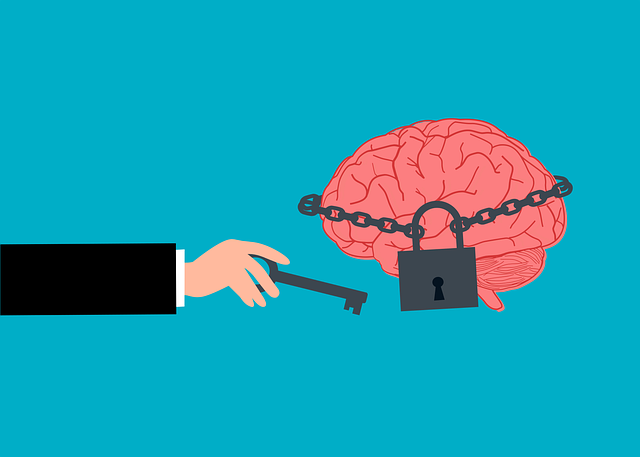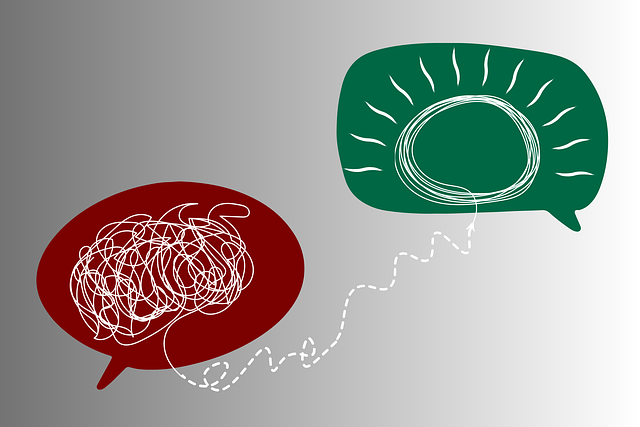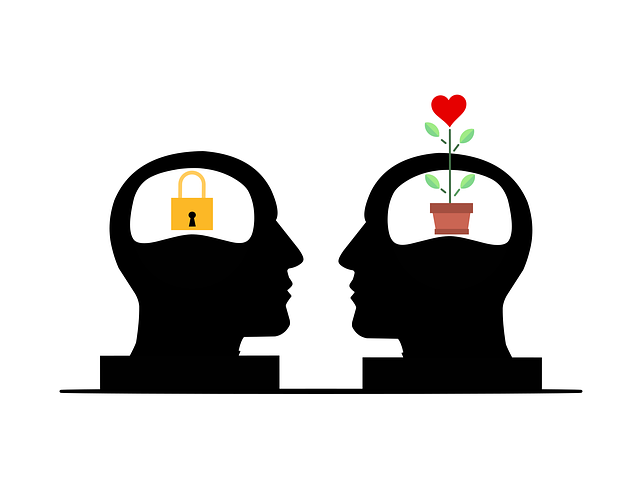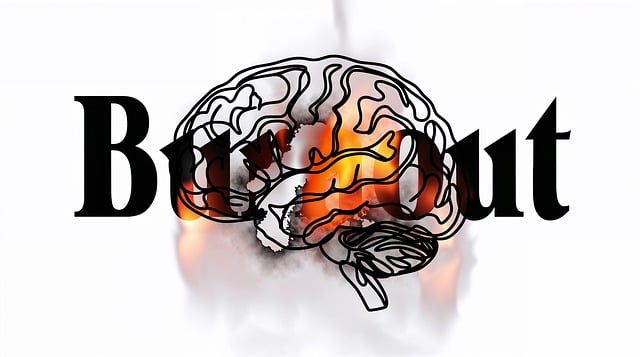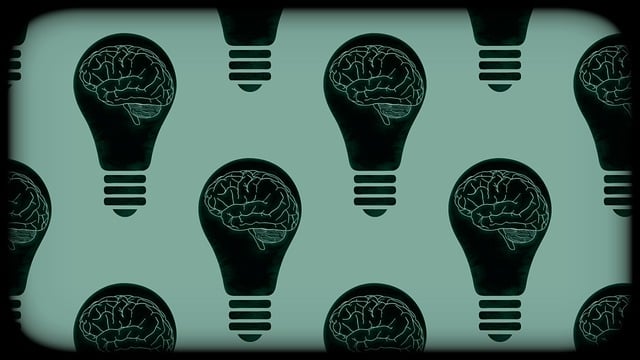Longmont Veterans Therapy provides specialized programs to help military veterans manage PTSD, depression, and anxiety through evidence-based practices focused on compassion cultivation, positive thinking, and social skills training. Their approach enhances emotional intelligence (EI), empowering clients with coping mechanisms, self-awareness, and improved relationships, enabling successful reintegration into civilian life. By integrating mental health education, mindfulness techniques, and resilience building, Longmont Veterans Therapy fosters emotional healing, promotes well-being, and develops adaptive coping strategies for holistic mental health support.
Emotional intelligence (EQ) is a powerful tool for personal growth, especially relevant for veterans navigating life’s challenges. This article explores the significance of EQ and its profound impact on veteran well-being, focusing on Longmont Veterans Therapy as a pioneer in cultivating resilience through emotional intelligence development. We’ll delve into practical strategies for enhancing EQ in therapeutic settings, highlighting effective approaches that transform lives. Understanding emotional intelligence is the first step towards a more fulfilling and resilient future.
- Understanding Emotional Intelligence and Its Impact on Veterans
- Strategies for Enhancing Emotional Intelligence in Therapeutic Settings
- Longmont Veterans Therapy: Cultivating Resilience Through EQ Development
Understanding Emotional Intelligence and Its Impact on Veterans

Emotional intelligence (EI) refers to a person’s ability to recognize, understand, and manage their own emotions, as well as empathize with others’ feelings. For veterans transitioning back into civilian life, developing emotional intelligence can be transformative. Many veterans face unique challenges such as post-traumatic stress disorder (PTSD), depression, and anxiety, which can make it difficult to navigate interpersonal relationships and regulate emotions.
Longmont Veterans Therapy offers specialized programs focused on fostering compassion cultivation practices, positive thinking, and social skills training—key components of emotional intelligence. These therapeutic interventions help veterans develop coping mechanisms, enhance self-awareness, and improve their interactions with family, friends, and colleagues. By mastering emotional intelligence, veterans can lead more fulfilling lives, rebuild relationships, and successfully reintegrate into their communities.
Strategies for Enhancing Emotional Intelligence in Therapeutic Settings

In therapeutic settings, such as those offered by Longmont Veterans Therapy, enhancing emotional intelligence (EI) is paramount for fostering meaningful connections and effective treatment. One key strategy involves integrating mental health education programs designed to promote self-awareness and empathy. By providing clients with tools to understand and manage their emotions, these programs empower them to navigate challenging situations more adaptively. For instance, teaching mindfulness techniques can help individuals recognize and regulate emotional responses, thereby improving both their mental and physical well-being.
Additionally, resilience building plays a crucial role in EI development. Therapeutic environments should encourage clients to develop coping mechanisms that enable them to bounce back from setbacks. Communication strategies, such as active listening and constructive feedback, are essential for cultivating an open and supportive atmosphere. These skills not only facilitate better expression of feelings but also strengthen the therapeutic bond, making it easier for clients to engage in meaningful discussions about their emotional experiences and work towards positive change.
Longmont Veterans Therapy: Cultivating Resilience Through EQ Development

Longmont Veterans Therapy focuses on empowering individuals with emotional intelligence (EQ) as a means to cultivate resilience and navigate life’s challenges effectively. In today’s fast-paced world, maintaining mental well-being is crucial, especially for veterans who often face unique traumas and stressors. This therapy emphasizes the development of EQ skills, which are essential tools for managing mood and stress.
Through various therapeutic techniques, Longmont Veterans Therapy assists clients in understanding and regulating their emotions, fostering healthier relationships, and enhancing overall emotional healing processes. By prioritizing EQ development, individuals can build resilience, improve coping mechanisms, and lead more fulfilling lives. This holistic approach to therapy ensures that veterans receive the necessary support to thrive both personally and professionally.
Emotional intelligence (EQ) plays a pivotal role in veterans’ well-being, as highlighted by research and practices at Longmont Veterans Therapy. By implementing strategies discussed, therapeutic settings can foster resilience and support veterans in navigating emotional challenges effectively. Equipping individuals with higher EQ enhances their ability to manage stress, build strong relationships, and adapt to change—essential skills for a fulfilling life. Thus, continued focus on EQ development is crucial, not just for veterans but for anyone seeking personal growth and enhanced emotional well-being.

